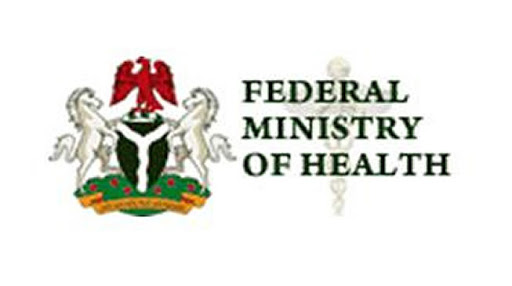By Iyemah David
The Federal Ministry of Health (FMOH), says Nigeria remains committed to the provision of quality access to family planning commodities and services to women of reproductive age group, adolescents and girls, including men to ensure that the nation has the right number of sizes for its families.
The Director of Family Health Department, FMOH, Dr Salma Kolo, disclosed this in Abuja at the bi-weekly Ministerial Press briefing on COVID-19 and other infectious diseases in the country.
“So, part of what was launched by the Minister of Health was the FP 2030 commitment. This is a global commitment, of which Nigeria is part.
“The minister, in collaboration with commissioners from all the 36 states of the federation and all relevant partners, including the civil society organisations, developed a national commitment that is all-encompassing, adopting the bottom-up approach.
“So, this was signed, and we are now working on a strategy for implementation.
“We have adopted the balanced scorecard approach to developing that strategy and we have already started engaging with all the key partners to ensure that it is rolled out at all levels, especially at the community level.”
Kolo said that the benefit of the federal government’s commitment to the programme was that there would be the provision of quality family planning commodities and services to Nigerians of reproductive age, both men and women.
The director stressed that the country would leverage domestic resources so that there would be sustainable financing for family planning commodities in Nigeria without overreliance on donors.
She believes that Nigeria would gradually be self-sufficient in the provision of family planning services.
Kolo said that the benefit of the federal government’s commitment to the programme was that there would be the provision of quality family planning commodities and services to Nigerians of reproductive age, both men and women.
She believes that Nigeria would gradually be self-sufficient in the provision of family planning services.
Kolo disclosed that more than 3,700 girls were saved from Female Genital Mutilation (FGM) as a result of the awareness campaign that took place in five states – Ebonyi, Imo, Oyo, Ekiti and Osun.
She said there were more than 200 million people, women and girls affected and living with FGM globally and out of these, more than two million are at risk in Nigeria.
The Director said that to reverse the trend, more than 730,000 men and religious leaders and traditional leaders have been trained on the negative impact of FGM
“The boys were also not left behind. Over 800 boys were sensitised and trained so that they could work together as partners to protect their sisters from such criminal practices that happen in our respective communities.
“So, the project will also be scaled up to other parts of Nigeria, especially in the northern part. Jigawa and Kaduna states have been identified for this and awareness will continue to be created until we can eliminate female genital mutilation.”


